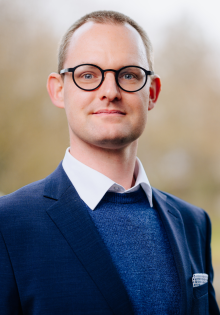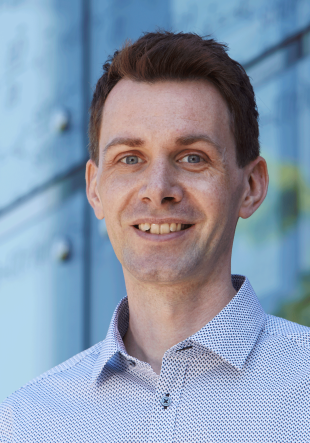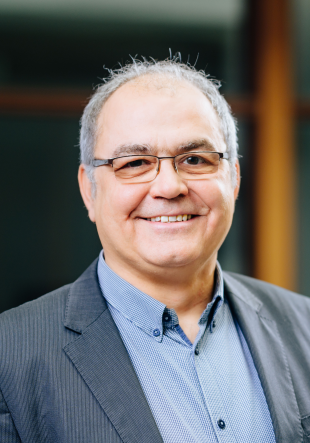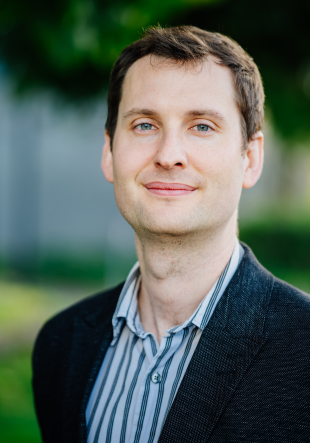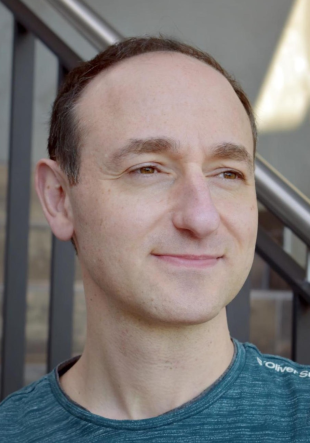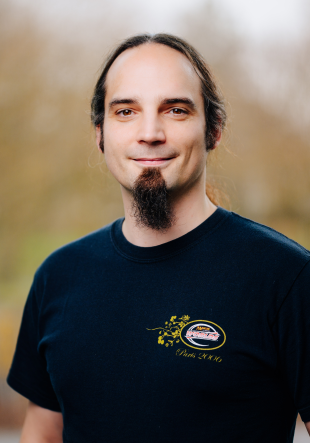PhoQuant: Photonic Quantum Computing - Quantum computing evaluation platform
Overview
When a sufficient number of quantum particles are interconnected, quantum computers can handle tasks that are unsolvable for classical computers. This – among other unique selling points – is a major advantage of photonic platforms: Integrated architectures and sophisticated manufacturing processes offer an enormous scaling potential. The aim of the PhoQuant joint project is to develop a purely photonic quantum computer, based on Gaussian Boson Sampling (GBS), with at least 20 (after 2.5 years) or 100 (after 5 years) individually controllable channels. In addition to the development of a programmable GBS QC demonstrator with application-relevant algorithms, the implementation of a user interface as an interface for industrial and academic users is in the foreground.
In the subproject Quantum Computing Test Platform (PhoQuant-QCTest), essential components, including an optimized integrated squeezed light source and functionalities such as coherent displacement and homodyne detection, and algorithms for the demonstrator will be developed. Furthermore, an experimental test platform will be provided to test the developed components and algorithms under realistic conditions before transferring them to the demonstrator. The components developed by project partners based on the new material system thin-film lithium niobate on insulator (LNOI) will also be evaluated with the help of the test platform. New and known GBS QC algorithms are verified by means of information-theoretical complexity investigations.
Seven research groups of the Institute for Photonic Quantum Systems (PhoQS) with complementary expertise are performing the subproject PhoQuant-QCTest.
The joint project PhoQuant is funded by the German Federal Ministry of Education and Research (BMBF) in the period from 01.01.2022 to 31.12.2026 and combines the expertise of 14 partners from academia and industry.
Motivation
Quantencomputer versprechen Probleme zu lösen, die durch klassische Rechner nicht mit akzeptabler Rechenzeit zugänglich sind. Dies gilt z.B. bei der Entwicklung neuer Werkstoffe, der Batteriezellenentwicklung oder der Optimierung komplexer logistischer Systeme. Erst bei ausreichender hoher Vernetzung vieler Recheneinheiten (Qubits) in einem System kann eine höhere Rechengeschwindigkeit gegenüber klassischen Computern erzielt werden. Gerade bei dieser Skalierung bietet der photonische Ansatz, der Lichtteilchen (Photonen) als Qubits verwendet, enorme Vorteile. Denn die für die Rechenoperationen benötigten Funktionen können auf einem einzigen Chip mittels ausgereifter Halbleiter-Fertigungsverfahren hergestellt werden.
Objective
Das Projektziel ist es, einen Vorteil für die Berechnung von industrierelevanten Anwendungen bereitzustellen. Ein erstes Beispiel ist die Echtzeitoptimierung von Ablaufplänen an Flughäfen bei unvorhergesehener Verspätung. Hierfür entwickelt das Konsortium, bestehend aus universitärer Forschung, Start-Ups und Industrie, eine neue photonische Rechnerarchitektur, welche im Laufe des Projektes einen Quantencomputer mit bis zu 100 Qubits ermöglicht. Die integrierte (monolithische) Aufbauweise dieser Architektur kombiniert mit deren skalierbarer Herstellung - basierend auf etablierten Fertigungsprozessen aus der Halbleiterindustrie - verspricht eine schnelle Weiterentwicklung weiter über die 100 Qubits im Anschluss an dieses Projekt. Zugeschnitten auf diese neue Architektur werden im Laufe des Projektes sowohl optimierte Algorithmen für spezielle Problemstellungen, als auch Algorithmen für das universelle Quantencomputing entwickelt und per Cloud Anbindung für die Öffentlichkeit bereitgestellt.
Innovation
Neueste Studien aus 2021 prognostizieren ein Umsatzvolumen von 150 Mrd. Euro mit Quantencomputing-Hardware und einen zusätzlichen gesamtwirtschaftliche Nutzen von 200 Mrd. Euro. Die Förderung dieser Entwicklung bietet die Chance, Deutschland einen Wettbewerbsvorteil auf diesem hoch attraktiven Feld des Quantenrechnens zu verschaffen.
Key Facts
- Research profile area:
- Optoelectronics and Photonics
- Project duration:
- 01/2022 - 12/2026
- Funded by:
- BMBF
More Information
Contact
If you have any questions about this project, contact us!
Prof. Dr. Christine Silberhorn
Integrated Quantum Optics
Professorin - Leiterin - Lehrstuhlinhaberin
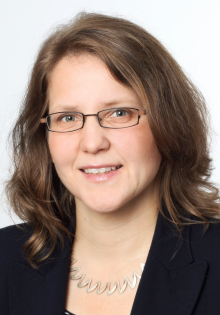
Dr. Benjamin Brecht
Integrated Quantum Optics
Akademischer Oberrat - Gruppenleiter "Quantennetzwerke"
